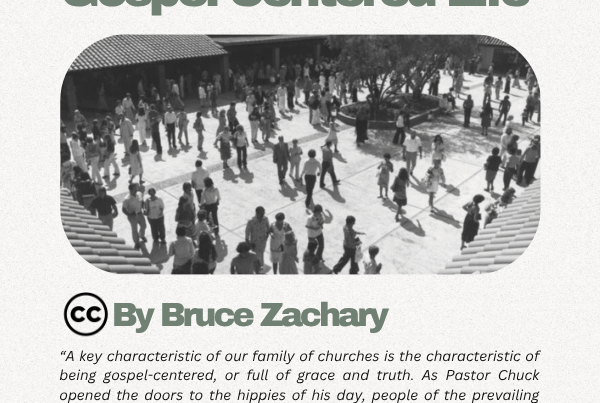
In the ancient text of Leviticus, within the details of ritual and sacrifice, lies a profound truth about peace. The Peace Offering, outlined in chapter 3, verses 3, 10, and 15, transcends mere tradition, unveiling the very heart of human consciousness. Here, the choice of animal for sacrifice reflects not only the offeror’s devotion but also their socio-economic standing — a tangible expression of their commitment to peace.
The peculiar detail of this offering begins with the burning of the liver and the kidney, both organs designed to detoxify the body. Next is the fatty lobe above the kidney: in Latin, ad meaning above, and renal meaning kidney, together known as the adrenal gland, which is the source of adrenaline, the hormone of fight or flight. To sacrifice the adrenal gland is to relinquish conscious control of adrenaline, thus surrendering the rush of fear and urgency that often governs our actions.
This act, rooted in ancient Hebraic practices, speaks volumes to modern struggles. In a world consumed by adrenaline addiction, where stress and anxiety reign supreme, the Peace Offering beckons us to recognize the Presence of the Prince of Peace. It invites us to embrace Isaiah’s promise (Isaiah 26:3) that God will keep us in perfect peace when our minds are steadfastly fixed on the Lord God.
In the midst of turmoil, Jesus, our constant source of perfect peace, extends an invitation to us continually — to lay down our burdens, to surrender our anxious thoughts, and to find rest for our weary souls (Matthew 11:28-30).
Here is a promise that true peace is not found in the pursuit of an adrenaline-fueled life, but in an assurance that in quietness and confidence in Him, we find true rest for our souls (Isaiah 30:15).
As we offer our anxieties, our fears, and our very selves upon the altar of surrender, we draw even closer to the true author of peace, just like in the Peace Offering.










